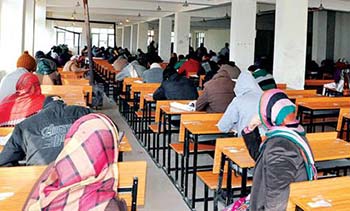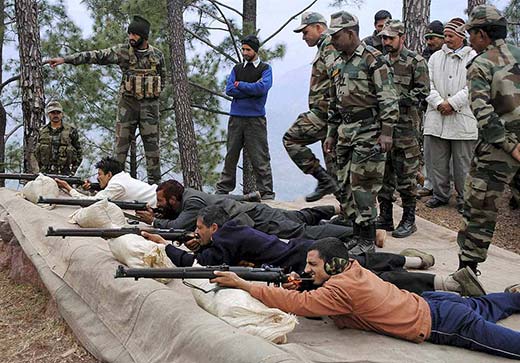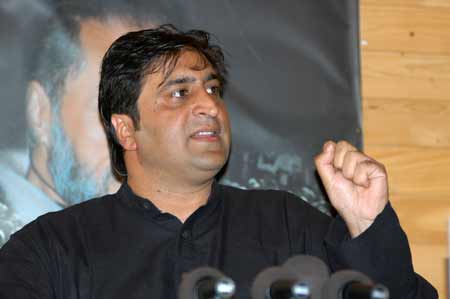SRINAGAR: The Centre has formally enforced the contentious Citizenship (Amendment) Act, 2019, a move met with both praise and protest across India. This implementation, occurring four years after the law’s passage, signifies a significant milestone for the Modi government’s agenda.
The Act, which grants citizenship to undocumented non-Muslim migrants including Hindus, Sikhs, Jains, Buddhists, Parsis and Christians from Pakistan, Bangladesh, and Afghanistan who arrived in India before December 31, 2014, has sparked heated debate since its inception. Now, with the accompanying rules notified, the government is poised to initiate the process of granting Indian nationality to persecuted non-Muslim migrants, including Hindus, Sikhs, Jains, Buddhists, Parsis, and Christians from the specified countries.
Home Minister Amit Shah hailed the move as a fulfillment of Prime Minister Narendra Modi’s commitment and a realisation of the Constitution’s promise to minorities facing religious persecution. The process for eligible individuals to apply for Indian citizenship will be conducted entirely online through a designated web portal.
However, the Act’s implementation has reignited controversy, with opposition parties and critics condemning it as discriminatory and accusing the government of using it to sway upcoming elections, particularly in West Bengal and Assam. Congress General Secretary Jairam Ramesh criticised the timing of the announcement, alleging it was a deliberate attempt to polarise voters.
Meanwhile, Kerala Chief Minister Pinarayi Vijayan reaffirmed his state’s stance against the Act, declaring that it would not be implemented in Kerala, echoing sentiments shared by many opposition leaders.
The contentious nature of the Citizenship (Amendment) Act has been a focal point in political discourse, with parties like the Trinamool Congress (TMC) vehemently opposing it, particularly in West Bengal. Conversely, the BJP views it as a crucial step in addressing the concerns of persecuted minorities and bolstering national security.
As the Act takes effect, attention has turned to the plight of Rohingya refugees settled in Jammu, with calls for their relocation intensifying. While some political parties advocate for their deportation, others argue that the Act’s implementation is driven by electoral politics rather than genuine humanitarian concerns. More than 100 people were killed in protested against the promulgation of CAA.















